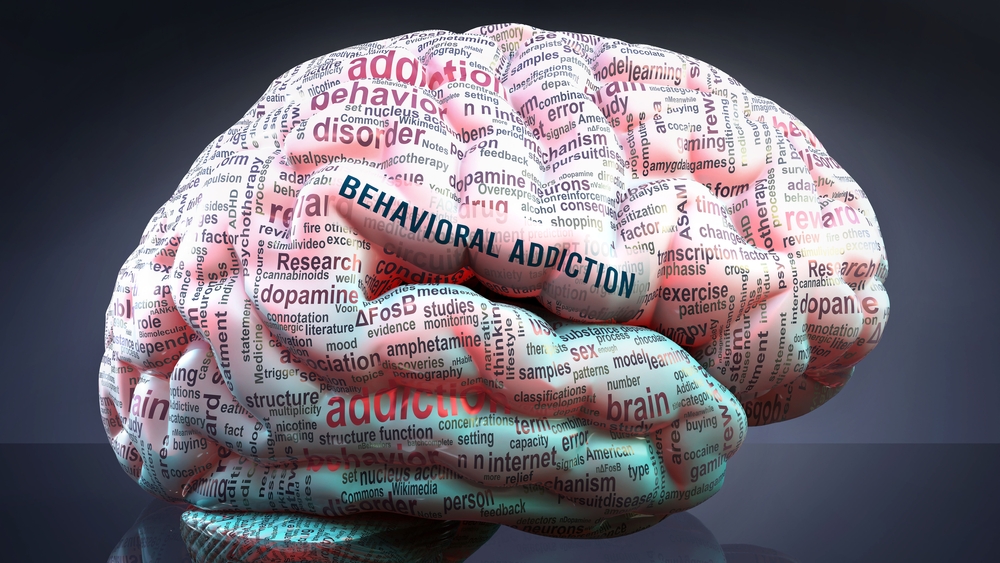The Science of Addiction: Brain Changes and Recovery
3 min read

The complexity of addiction goes beyond behaviors diving into our biological essence. To truly grasp addictions science one must delve into the alterations that take place in the brain and the hurdles individuals encounter on their journey to recovery. In this article we aim to uncover the connections between addiction changes in the brain and the scientific aspects of overcoming it. At Jagruti Rehabilitation Centre in Delhi, we employ evidence-based approaches that integrate understanding of these neurological changes to provide comprehensive support for individuals seeking recovery from addiction.
Neurobiological Transformations in Addiction;
Addiction isn’t, about lacking willpower; it involves an interplay of neurobiological changes that manipulate the brain’s reward system. The brain’s reward circuitry predominantly influenced by dopamine release gets disrupted by substances. Initially these substances trigger an intensified feeling of pleasure strengthening the urge to engage in behavior.
Over time the mind adjusts to the flow of dopamine causing a decrease in sensitivity to the chemical. This process, called tolerance, pushes individuals to up their intake to experience the effects. As the mind adapts it goes through changes in its structure, impacting regions that influence decision making, judgement and impulse control.
The Role of Dopamine:
Dopamine, often known as the “feel good” neurotransmitter plays a role in the brain’s reward system. In cases of addiction, substances or actions that trigger dopamine release become linked with pleasure and reward. To maintain balance the brain reduces dopamine production and receptor sensitivity, over time fueling a cycle of desire and seeking out substances.
Crucial Brain Regions Impacted:
Many major areas of the brain are heavily influenced by addiction. The prefrontal cortex, which controls decision-making and emotional control, undergoes changes that allow resistance to cravings and conscious choices the amygdala associated with emotional responses and memories is sensitive to chemical-related cues, forcing relationships a between things and pleasure
The Struggle for Recovery:
The road to recovery includes going through these neurological changes and rebalancing the brain. Withdrawal symptoms during detox are symptoms of the brain’s attempt to readjust in the absence of the addiction these symptoms can come from the body uncomfortably up to intense psychotic cravings, revealing the depth of the neurobiological impression left by the addiction
Neuroplasticity and recovery:
Addiction causes profound changes in the brain, and the concept of neuroplasticity offers hope for recovery. Neuroplasticity refers to the ability of the brain to reorganize itself by forming new neural connections. Engaging in therapeutic interventions such as counseling, behavioral therapy, and support groups can stimulate neuromuscular disease and facilitate neural pathways damaged by addiction
Cognitive-behavioral therapy (CBT) and dialectical behavior therapy (DBT) are evidence-based treatments that address the psychological aspects of addiction through critical distorted thinking and positive approaches promoting coping mechanisms
The role of medication adjuvant therapy (MAT):
In some cases, medication-assisted treatment (MAT) is an important part of addiction recovery. Medications such as methadone, buprenorphine, or naltrexone help reduce withdrawal symptoms and cravings, and provide individuals with a solid foundation for the journey of recovery MAT, combined with behavioral therapy about, deal with the physical and psychological aspects of addiction.
Building a Supportive Environment:
Recovery is not a solitary journey; An environment that supports long-term success is critical. Supportive communities, such as 12-step programs, group therapy, and peer support networks, provide opportunities for individuals to share experiences, gain insight, and seek encouragement from others in similar ways Social connections often play an important role in the isolation associated with the edge of addiction.
To understand the science of addiction, one must acknowledge the profound neurobiological changes that occur in the brain. Addiction alters the brain’s reward system, leading to structural and functional changes that maintain substance use. But the idea of neuroplasticity offers a glimmer of hope, suggesting that the brain can adapt and recover with appropriate interventions.
Recovery is a multi-faceted journey that includes medical interventions, drug-assisted treatment, and supporting communities by addressing the biological basis of addiction using comprehensive functions and techniques, individuals can move beyond behavior modification and engage in recovery, reaching into the very fabric of their neural well-being. At Jagruti Rehab Centre in Delhi, we offer a holistic approach to recovery that integrates medical, psychological, and social interventions to support individuals in their journey towards lasting sobriety and well-being.




